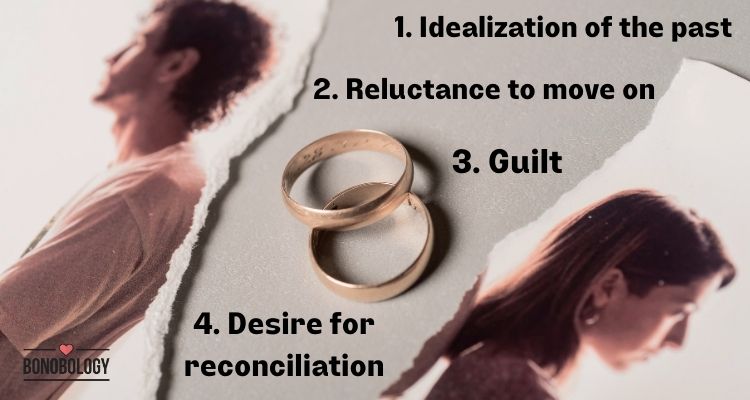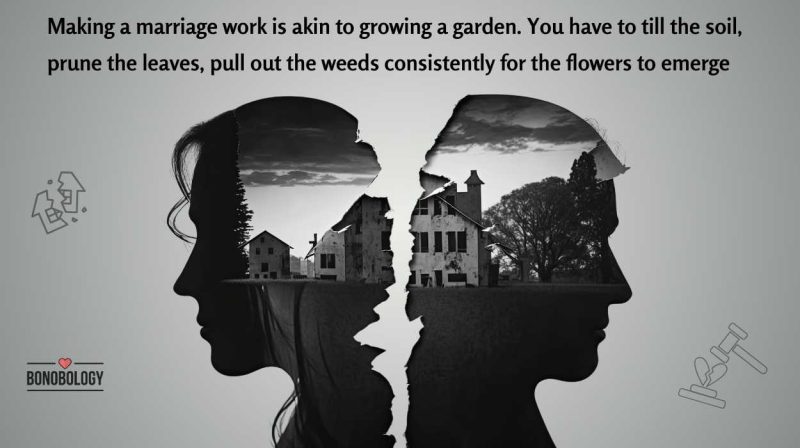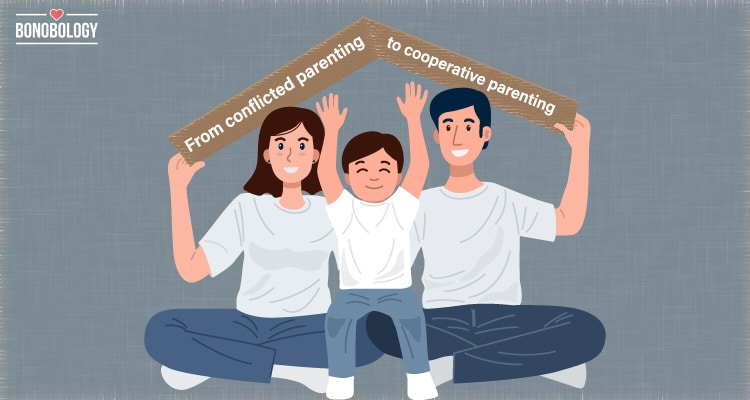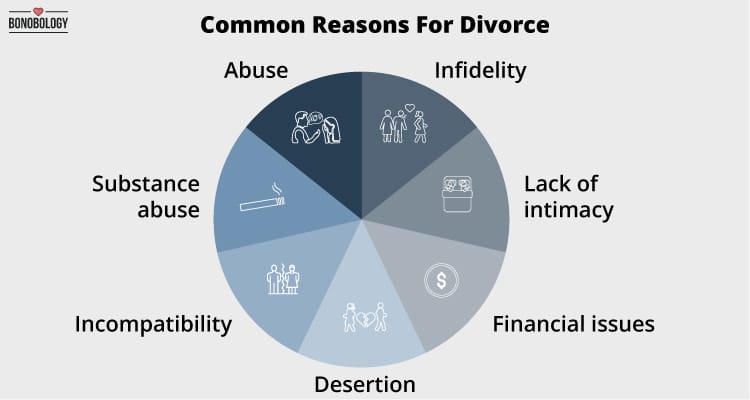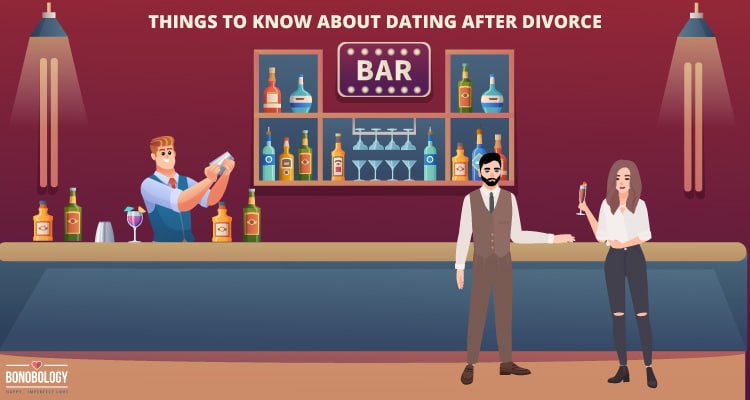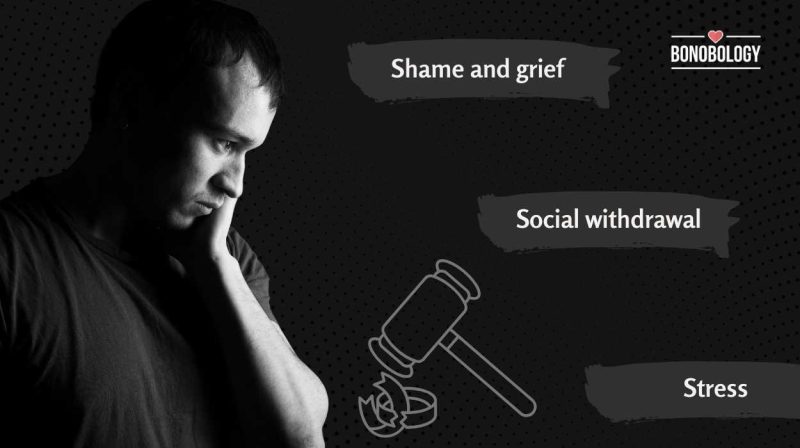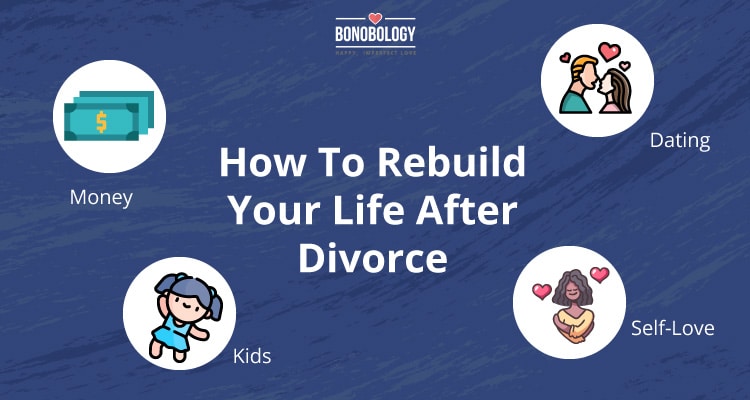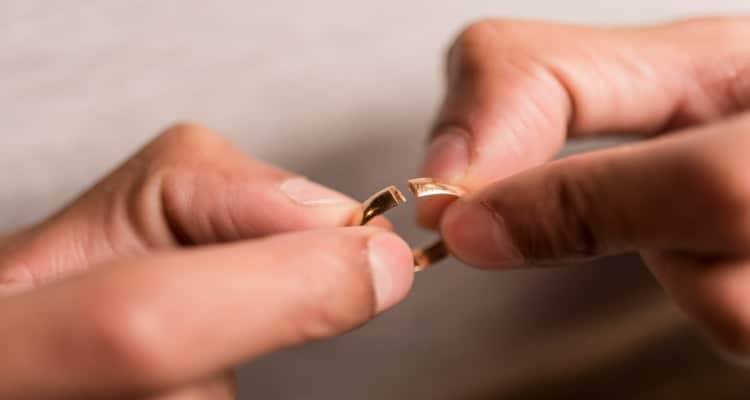Social media has undoubtedly become an inevitable extension of our lives. From vacation pictures to the new recipe you tried to outfits of the day, any and every significant happening of the day is chronicled through social media posts. But what about divorce and social media?
What is the right etiquette to handle divorce on social media when you’re going through a divorce? Can your social media behavior add to the stresses of an ongoing divorce battle and take a toll on your mental health? How essential is it to set social media boundaries in marriage, even if it’s a failing one?
In this article, Shazia Saleem (Masters in Psychology), who specializes in separation and divorce counseling, answers many such questions to help you understand how to handle the volatile mix of divorce and social media in a dignified manner so that it doesn’t take a toll on your emotional and mental well-being.
Divorce And Social Media: How To Handle The Two
Table of Contents
An average person today, at the minimum, has a Facebook and an Instagram account, besides email and private messengers like WhatsApp. The more active kind may have accounts across platforms like Twitter, Snapchat, LinkedIn, TikTok and so on. Social media has become such an integral part of our lives that we feel compelled to share every little development on these platforms.
That’s why the modern-day adage, “If it’s not social media, it didn’t happen.” This continuous pressure to put yourself out there can make people lose sight of the importance of keeping their private lives private.
In fact, research suggests a direct link between Facebook and marriage problems. So, is social media a reason for divorce? Statistics certainly seem to suggest so. A study has found a close connection between divorce and Facebook. It suggests that increased social media consumption (Facebook enrollment, in particular) coincides with up to 4.32% rise in divorce cases.
This is simply because looking at the “perfect” versions of other people’s lives and relationships can leave you feeling dissatisfied with your own. In many cases, spouses don’t communicate this growing discontent with each other, and it keeps piling on, leading to resentment in marriage.
This resentment can then become a trigger for a host of marital problems. Now, when we know that there is such a close connection between social media platforms like Facebook and marriage problems, it’s not hard to see how it wreaks havoc on the mental health of estranged spouses.
That’s why it is imperative to understand how to handle divorce on social media. Here are a few divorce and social media dos and don’ts to keep in mind to prevent a bad situation from turning worse:
Related Reading: Rebuild Your Marriage During A Separation With These 13 Tips
1. Remember social media posts aren’t the complete reality
When going through a divorce, it’s only natural that you’d be in an emotionally fragile state. During this time, those perfect, happy, blissful posts can be more harmful than ever. For instance, say you’ve just come out of another meeting with your lawyers, and on your way back home, see a picture of your friend celebrating her anniversary in the Maldives.
That picture can turn into an instant trigger, leaving you wallowing in self-pity and cursing your destiny. In such moments, it’s vital to remember that that one post is not the absolute reality of your friend’s life. Sure she may be having a great time now, but she too has her own struggles which you may know nothing about because those unpleasant or unglamorous moments are never posted on these platforms.
2. Not everything needs to be on social media
Contrary to the “if it’s not social media, it didn’t happen” philosophy that people live by, not everything needs to be on social media. That’s why social media boundaries in marriage, even if it’s a failing one, are essential. In moments of distress, you may feel like venting on social media or posting something nasty about your estranged spouse. However, no good ever comes out of airing one’s dirty laundry in public.
When you put your private life up for public scrutiny, people will start taking sides. In the process, you stand to lose more than just your relationship with your spouse. Even if you get a few sympathetic comments or words of advice, what purpose are those going to achieve? You’re an adult capable of making your own decisions, and now that you’ve decided to end your marriage – for whatever reasons – focus on getting through with and figuring out where you’d want to go from here.
3. Be aware of the consequences for your spouse
How to handle divorce on social media? By not posting anything disgraceful or hurtful about your spouse. Don’t disrespect the person you had once chosen to be your life partner. Remember that divorce may be a way of getting out of a painful situation but your spouse will always remain a part of your life, consciously or subconsciously.
It is not possible to eliminate someone you’ve shared such a close bond with completely. So, show them some respect for the time you’ve shared and steer clear of any damaging posts. It helps to be aware of the consequences your actions may have for your spouse to stop yourself from acting on impulse.
For instance, if you leave a nasty comment on their LinkedIn, calling them a cheat, a pervert or an abuser, it may cost them their job or compromise their employment prospects. Is it worth meddling with someone’s career out of spite?
4. Memories can turn into triggers, erase them
Divorce and social media is said to be a tricky mix because any random post, photo or memory can trigger pain and hurt, which can make healing the wounds of a failed marriage that much harder. Since every aspect of our relationship is likely to have been chronicled on these platforms, your social media profiles can turn into a land mine for such triggers.
Whenever you feel ready, erase everything that’s connected to your former spouse and wipe the slate clean for a fresh start. Once your divorce comes through, you may even want to update your relationship status, if it’s set as ‘married’ or ‘married to’.
None of these things are easy. It will, undoubtedly, be painful to delete all those pictures and posts and change your relationship status. However, it is essential for healing in the long run. You don’t want to wake up to memories of your 10th wedding anniversary celebrations two years down the line and end up swirling down the same rabbit hole of pain, hurt, angst and grief.

5. Shift focus from your ex to yourself
Divorce and social media do not have to turn into a lethal mix that you need to run and hide from. Emotional awareness is the key to working through any issue, be it in your relationships or life in general. Figuring out how to divorce on social media is no different.
Instead of fixating on what your ex is doing, getting triggered by all those happy posts or finding yourself struggling to refrain from venting on these public platforms, work toward identifying what you want. Empower yourself to achieve whatever it is you want. Engage in self-care activities, pursue hobbies or passion, practice mindfulness to channelize negative emotions into positive outcomes.
No matter how good or bad a relationship is, when it comes to an end, it’s bound to bring you pain. Rather than seeking temporary relief from that pain through social media outbursts, acknowledge, embrace and work through it. That is the only way you’re going to be able to heal and move on, if not tomorrow, then a year down the line.
Until you get there, remember the key to handling divorce and social media with poise and dignity is to set boundaries for how and to what extent you want to engage with social media and how to disassociate completely when you’re away.
Divorce Counseling: Benefits of Pre and Post-Divorce Therapy
5 Alternatives To Divorce To Consider Before You Call It Quits
Your contribution does not constitute a charitable donation. It will allow Bonobology to continue bringing you new and up-to-date information in our pursuit of helping anyone in the world to learn how to do anything.





